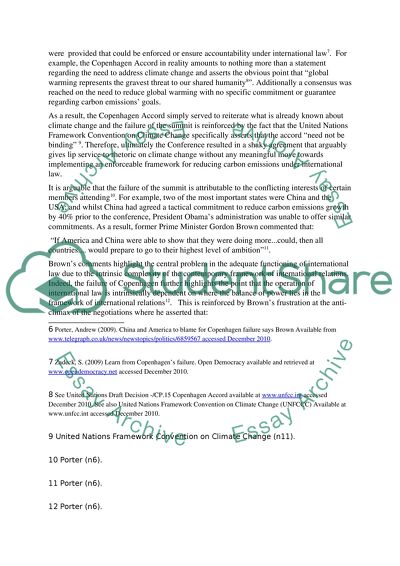Cite this document
(“International Law Essay Example | Topics and Well Written Essays - 1250 words - 2”, n.d.)
Retrieved from https://studentshare.org/miscellaneous/1574297-international-law
Retrieved from https://studentshare.org/miscellaneous/1574297-international-law
(International Law Essay Example | Topics and Well Written Essays - 1250 Words - 2)
https://studentshare.org/miscellaneous/1574297-international-law.
https://studentshare.org/miscellaneous/1574297-international-law.
“International Law Essay Example | Topics and Well Written Essays - 1250 Words - 2”, n.d. https://studentshare.org/miscellaneous/1574297-international-law.


